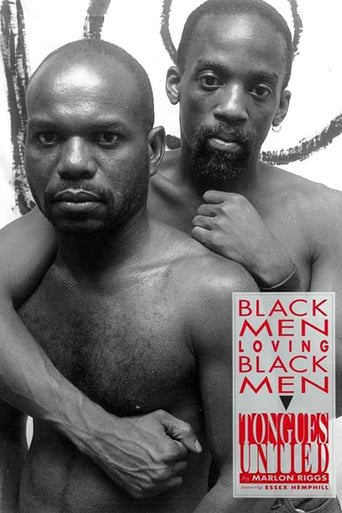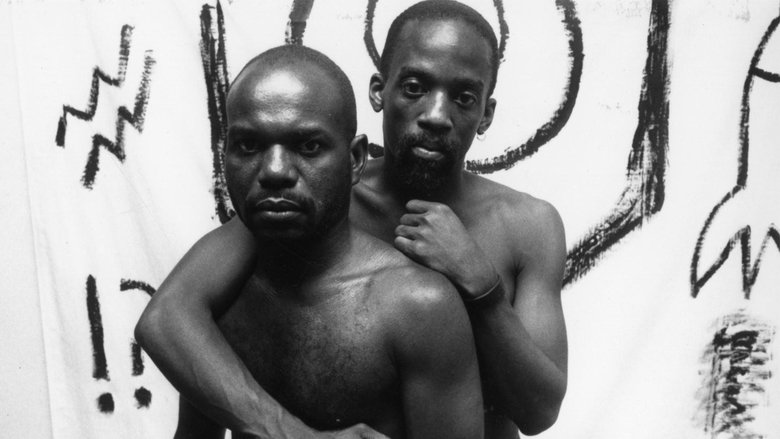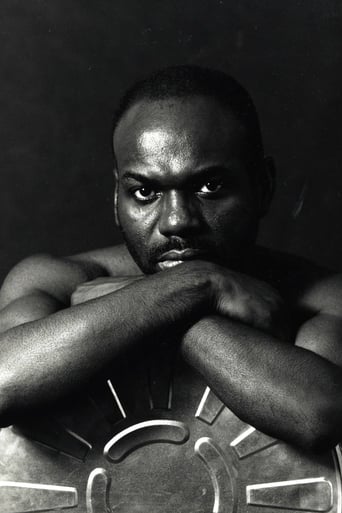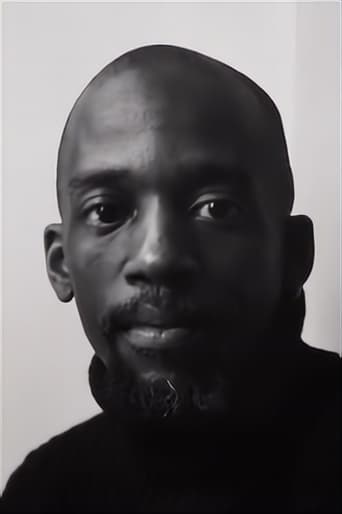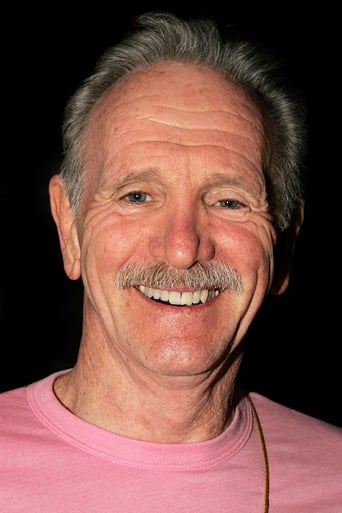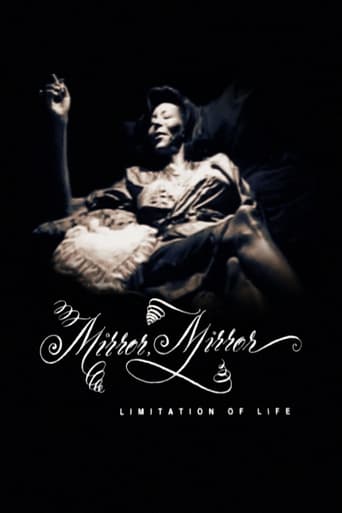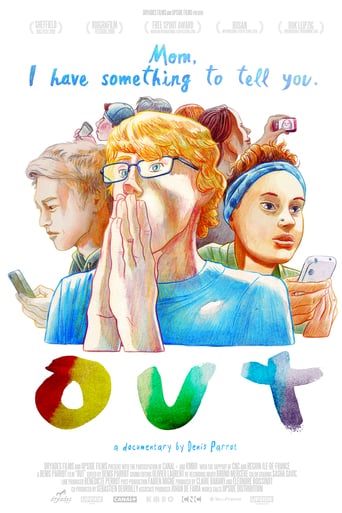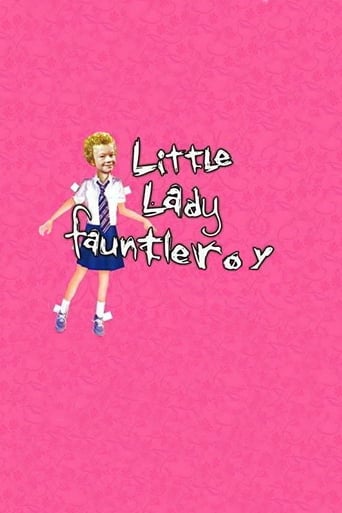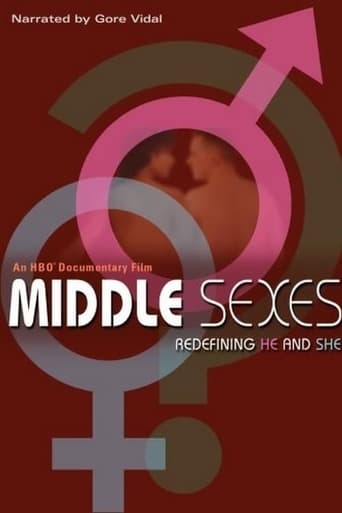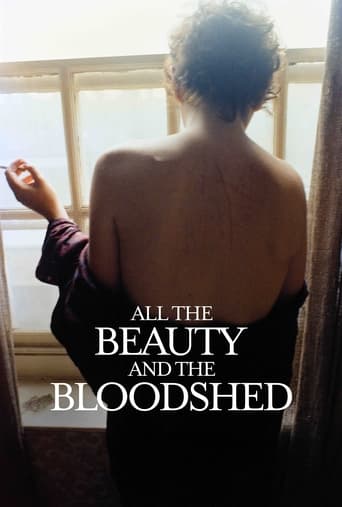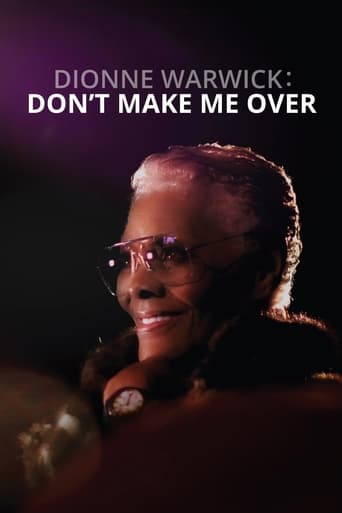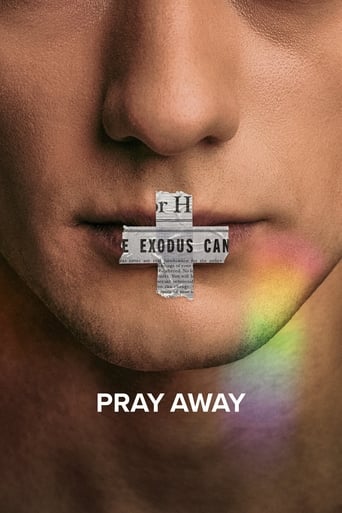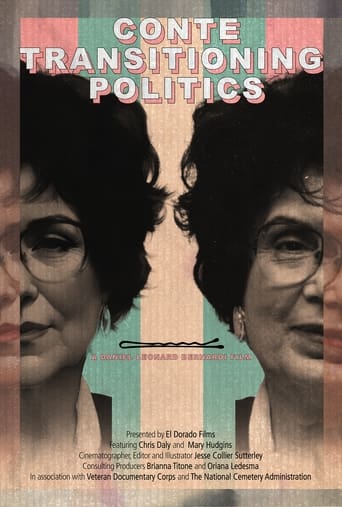Tongues Untied (1990)
Marlon Riggs, with assistance from other gay Black men, especially poet Essex Hemphill, celebrates Black men loving Black men as a revolutionary act. The film intercuts footage of Hemphill reciting his poetry, Riggs telling the story of his growing up, scenes of men in social intercourse and dance, and various comic riffs, including a visit to the "Institute of Snap!thology," where men take lessons in how to snap their fingers: the sling snap, the point snap, the diva snap.
Watch Trailer
Free Trial Channels
Cast


Similar titles
Reviews
Good concept, poorly executed.
This movie feels like it was made purely to piss off people who want good shows
This is one of the best movies I’ve seen in a very long time. You have to go and see this on the big screen.
One of the film's great tricks is that, for a time, you think it will go down a rabbit hole of unrealistic glorification.
It took me a long time to find this short documentary film, I was most keen to see it because of its inclusion in the book 1001 Movies You Must See Before You Die, and the subject matter sounded most interesting. Directed by African-American, homosexual filmmaker Marlon Riggs (who tragically died of AIDS in 1994, aged 37), this film examines and celebrates black men loving black men as a revolutionary act. With the help of many gay black men, the film intercuts between various these men, discussing their experiences, and reciting original poems, and footage of the gay men creating original dance and mime routines. The men freely express their camp and vibrant personalities, including their love for fashion and dressing in women's clothing, they discuss homosexual acts and love making, phone lines and group activities, describe kissing, talk about stereotyping and derogatory name-calling, their anger about racism, bigotry and homophobia, and explain finding themselves. Aside the men talking and reciting poems, the film also sees original song and dance routines and group activities, including a snap dance (clicking fingers), rapping, a group in a gay club and a barbershop quartet. There is also archive footage of related subjects, for and against the argument, including gay anthems, religious sermons, Eddie Murphy doing stand-up, gay propaganda, protests, Martin Luther King campaigning for equal rights and much more. It is a fascinating film in many ways, it certainly works as a personal, positive and passionate plea to end racism and homophobia, and to increase tolerance and "brother to brother" unity, it's poetic, chaotic and controversial, but I'm glad I watched it, an interesting documentary. Worth watching!
Documentaries, well timed, make a difference. Especially when they are of the quality of this 1989-91 documentary about black men loving black men. TONGUES UNTIED was written and directed and narrated by Marton Riggs who with assistance from other gay Black men, especially poet Essex Hemphill, celebrates Black men loving Black men as a revolutionary act. The film intercuts footage of Hemphill reciting his poetry, Riggs telling the story of his growing up, scenes of men in social intercourse and dance, and various comic riffs, including a visit to the "Institute of Snap!thology," where men take lessons in how to snap their fingers: the sling snap, the point snap, the diva snap. The film closes with obituaries for victims of AIDS and archival footage of the civil rights movement placed next to footage of Black men marching in a gay pride parade.The film is a lyrical exploration of black gay identity in the United States. Made during a historical period marked by the onset of the AIDS crisis, the works navigate desire, love, loss, and mourning to engage and question sexual and political repression, expression, and deviation.Riggs's stories are fierce examples of homophobia and racism: the man refused entry to a gay bar because of his color; the college student left bleeding on the sidewalk after a gay-bashing; the loneliness and isolation of the drag queen. The stories also affirm the black gay male experience: protest marches, smoky bars, snap divas, humorous musicology, and vogue dancing. It is as timely today as it was in 1991 when it was aired on PBS, setting off a wild debate about the National Endowment for the Arts funding for art with nudity, gay themes, and pointed political commentary. Impressive and important.
Marlon Riggs' documentary "Tongues Untied" left a brief, but definitive impact on me. This documentary about gay African-American men reveals several poets, preachers, activists, and scholars. There is no narration in "Tongues Untied". Instead, all the dialogue is spoken in philosophical rhymes and poems. The documentary showcases, and even full-on exposes its praise for the black homosexual lifestyle, in an artistic and flamboyant fashion.As a filmmaker myself, I was drawn into how Riggs was able to explain the persecution of homosexuals without having a sit-down interview, and instead uses stand-up performances, poetry, and symbolism to prove his point. From the confines of a gay black man's isolation and loneliness, to the exciting experiences of the San Francisco "Castro" district, Riggs took the audience to some fascinating, and often times deplorable world that gay black men face every day of their lives.I was a little annoyed by the pacing of the film. There were some parts that had me yawning. But "Tongues Untied" sends a powerful message of tolerance, culture, and tradition from a filmmaker who is sadly no longer with us. This documentary captured my attention, and I enjoyed it thoroughly.
"Black men loving black men is a revolutionary act." It is also a documentary act which is straightforward, polemic, complex, with heart, with gusto. With diction that fights affliction, this is its basic weapon of beauty, as if its undercurrent was "beauty is no booty for the enemy".For me, a gay white male from Greece, this documentary, coming from my oblique point of view (oblique because being gay in Greece, despite its, rather ironic, pederastic tradition, is quite apart with the issues and the culture of the film, yet the sense of segregation and tradition rings familiar), descriptively it feels like a star-crossed breed of gospel and guerrilla video art.Its veins are pounding deep; being a writer and translator, listening to such keen, sexy, visceral rhythms by the imposing figure of Essex Hemphill, was a revelation with an obsessive glow.And Marlon Briggs' narration, spacious and incisive, unflinching and embracing, with an amazing sense of building-up, leaves me bewildered, more so for appearing somewhat tuned down at first.For anyone liking the feeling of words doing as they want to do and as they have to do, as Gertrude Stein admirably put it, this is a definite watch.

